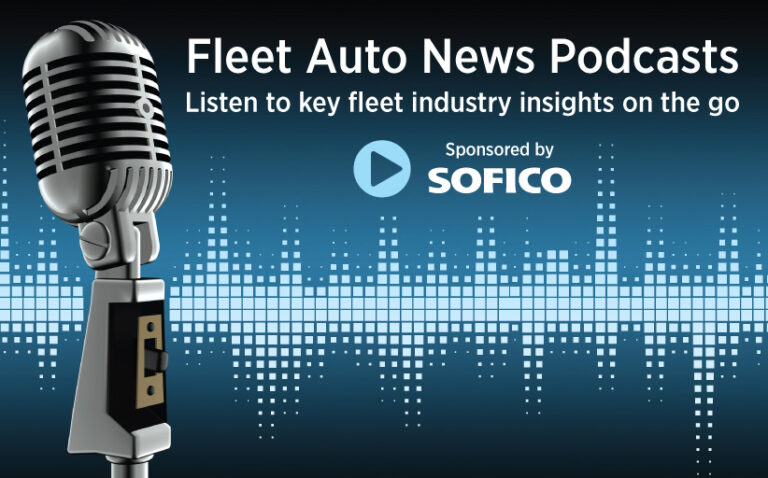In our latest Fleet Auto News podcast we talked to Danielle Lackey, Chief Legal Officer at Motus, a software as a service business for route planning, and accounting for personal use of fleet vehicles, among other things. We talked about the landscape in the United States and the appetite for transport sustainability.
The Biden Administration has set more ambitious goals for carbon emissions reductions and so has the Securities and Exchange Commission. While those top of the pyramid authorities are still working out details on certain policies, businesses are just getting on with it themselves, said Lackey.
“In the US there are government driven instigators, but there are also a lot of market driven and individual driven motivators for change as well”, adding, “I think the general public is pushing for change in ways that maybe hasn’t been the case in the past. And then, as I think, as is true in many parts of the world, companies are wanting to find the best ways to attract talent and retain talent. This is an area where companies can make change in a way that improves employee morale or improves employee desire to align to the brand and work within that company.”
Lackey’s role at Motus involves responsibility for corporate risk and mitigating risk. And also, “Because our product is a compliance based product, because it relates to compliance with employment law, compliance with tax law, and now more recently compliance with sustainability initiatives, I also advise around our product and provide guidance for our clients to understand how they might leverage our tool to support their compliance programs.”
The data captured by Motus from the 300,000 drivers using its system underpins the Internal Revenue Service’s business mileage standard, or the amount that an individual can deduct for business vehicle expenses.
Motus has also captured and analysed emissions data from the myriad various vehicles in its orbit to create carbon emissions reporting products that enables its clients to measure and manage their own sustainability goals.
“We know the actual make and model of the vehicles that each of their employees who are driving for work drive, we know what the fuel efficiency is of those vehicles. We know how many miles they drive, we know where and when they drive,” said Lackey. That makes it easy for fleet managers grappling with how to determine and collect the information they need to know what their greenhouse gas emissions are.”







